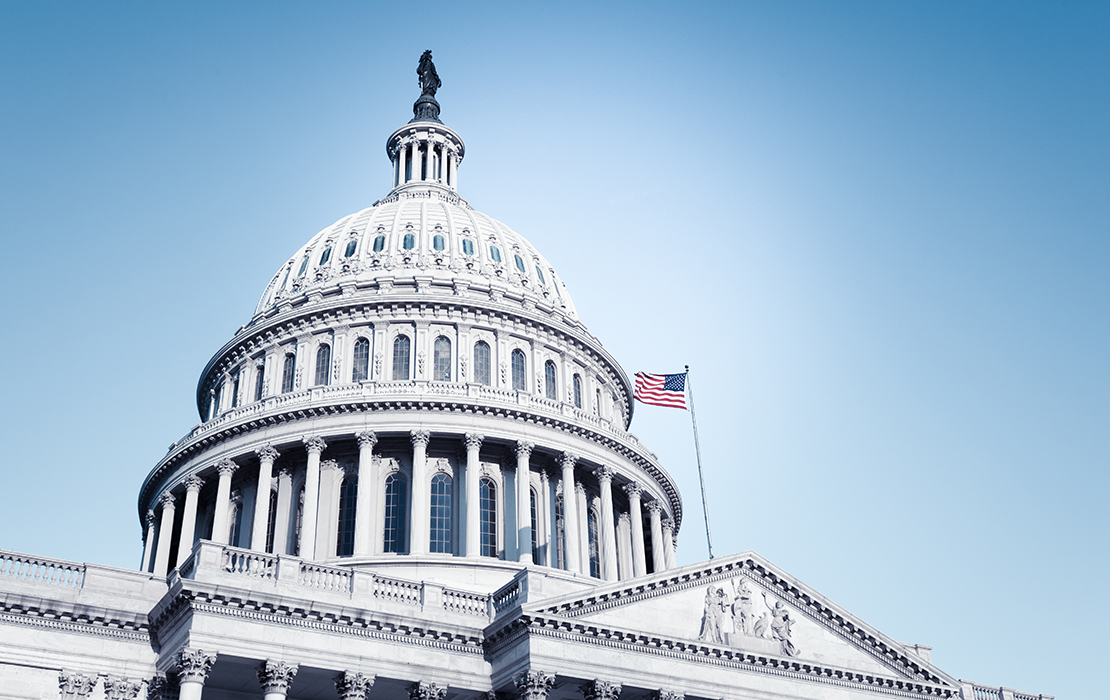Biden delays plan to ban menthol cigarettes

President Joe Biden is delaying a plan by the Food and Drug Administration to ban menthol cigarettes, a product for which the ADA has previously expressed opposition.
The delay comes after the proposed ban drew complaints from tobacco companies and various civil rights advocacy groups that ending menthol cigarette sales could negatively impact minorities.
Several organizations have lobbied against a menthol cigarette ban, arguing that it would disproportionately impact people and communities of color, trigger criminal penalties and lead to negative interactions with law enforcement. Led by the American Civil Liberties Union, a coalition of 27 organizations said in a 2021 letter that a ban “is a policy disaster waiting to happen, with Black and other communities of color bearing the brunt.”
“There is a better approach that avoids criminalization. We strongly support the [Food and Drug Administration] and other policymakers continuing with harm reduction policies emphasizing education for adults and minors, cessation, well-funded health care for communities of color, and other measures that push tobacco use down without putting criminal justice reform at risk,” the letter said.
Conversely, the ADA was one of 123 organizations urging the Biden administration to finalize prohibition of menthol cigarettes and flavored cigars. Last month the groups issued a joint statement and full-page advertisement in the Washington Post calling for an immediate ban in order to protect children and save lives.
“We urge President Biden and his administration to seize this historic opportunity to improve our nation’s health, promote health equity and save lives from cancer and other tobacco-related diseases. Delays cost lives, and inaction is unacceptable,” the groups said.
U.S. Department of Health and Human Services Secretary Xavier Becerra said in a statement said that given the significant feedback, more conversations need to be had before moving forward with the ban.
“This rule has garnered historic attention and the public comment period has yielded an immense amount of feedback, including from various elements of the civil rights and criminal justice movement. It’s clear that there are still more conversations to have, and that will take significantly more time,” he said.



